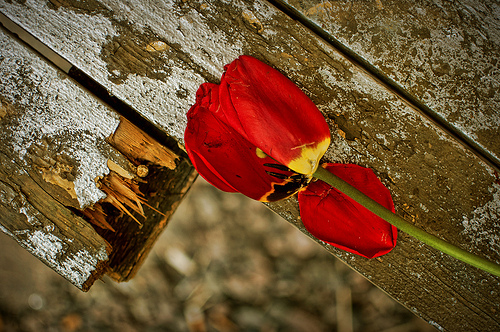
Photo: Mikko Luntiala
Longing is the core of mystery
Longing itself brings the cure.
The only rule is, suffer the pain.
Your desire must be disciplined,
And what you want to happen
In time, sacrificed.
*
Sell your cleverness and buy bewilderment.
*
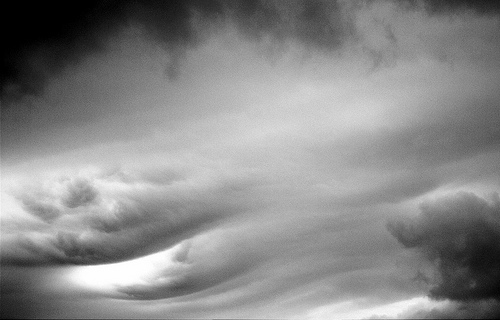
Photo: Steve A Johnson
Forget safety.
Live where you fear to live.
Destroy your reputation.
Be notorious.
*
I want to sing like the birds sing, not worrying about who hears or what they think.
*
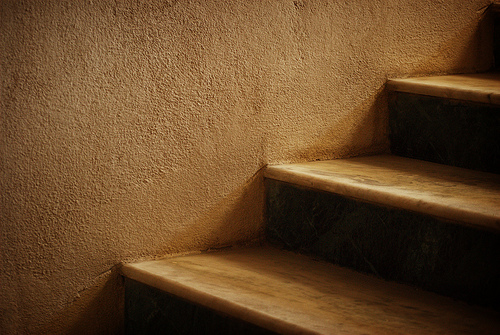
Photo: aloshbennett
Looking at my life
I see that only Love
Has been my soul’s companion
From deep inside
My soul cries out:
Do not wait, surrender
For the sake of Love.
*
All year round the lover is mad,
Unkempt, lovesick and in disgrace.
Without love there is nothing but grief.
In love… what else matters?
*

Photo: Ben Fredericson (xjrlokix)
Do you want to enter paradise?
To walk the path of Truth
You need the grace of God.
We all face death in the end.
But on the way, be careful
Never to hurt a human heart!
*
Do you know what the music is saying?
“Come follow me and you will find the way.
Your mistakes can also lead you to the Truth.
When you ask, the answer will be given.”
*
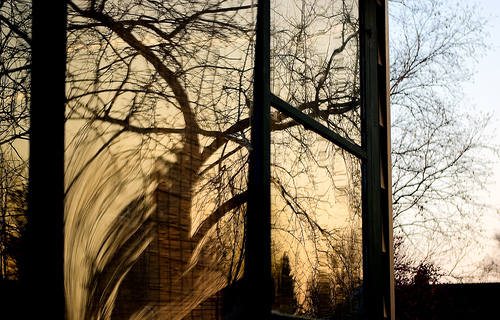
Photo: Bird Eye
The real beloved is your beginning and your end.
When you find that one,
you’ll no longer expect anything else.
*
Love is reckless; not reason.
Reason seeks a profit.
Having died of self-interest,
Love risks everything and asks for nothing.
*
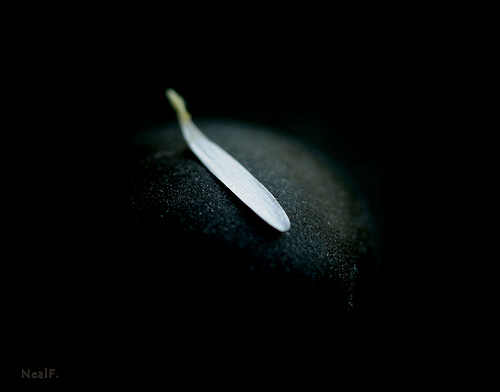
Photo: Neal.
I long to escape the prison of my ego
and lose myself in you.
*
From the clear center of my heart
there are no edges to my loving you
I’ve heard it said there’s a window that opens
from one mind to another
but if there were no wall,
what need of installing a window?
*
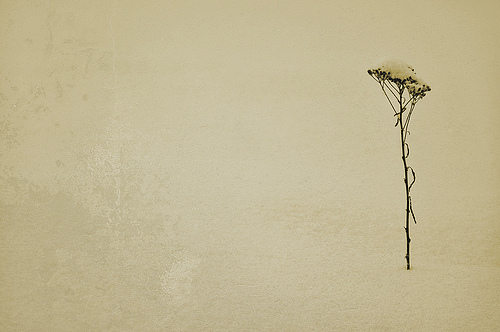
Photo: Mikko Luntiala
Let beauty be what we do
there are hundreds of ways
to kneel and kiss the earth.
*
Dear God,
Let all Lovers be content
Give them happy endings
Let their lives be celebration
Let their hearts dance in the fire of your Love.
*
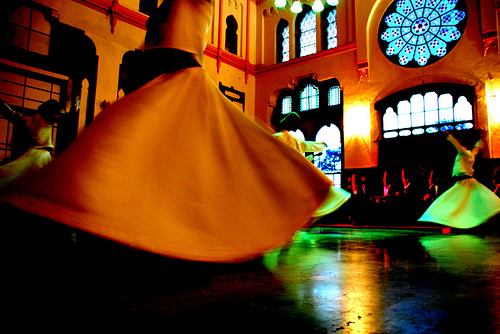
Photo: tinou bao
Dance, when you’re broken open.
Dance, if you’ve torn the bandage off.
Dance in the middle of the fighting.
Dance in your blood.
Dance when you’re perfectly free.
Jalāl ad-Dīn Muḥammad Balkhī (Persian: جلالالدین محمد بلخى Persian, also known as Jalāl ad-Dīn Muḥammad Rūmī (جلالالدین محمد رومی Persian) and popularly known as Mevlānā in Turkey and Mawlānā (Persian: مولانا) in Iran and Afghanistan but known to the English-speaking world simply as Rumi (30 September 1207 – 17 December 1273) was a 13th-century Persian Muslim poet, jurist, theologian, and Sufi mystic. Rūmī is a descriptive name meaning “Roman” since he lived most of his life in an area called “Rûm” (then under the control of Seljuq dynasty) because it was once ruled by the Eastern Roman Empire. He was one of the figures who flourished in the Sultanate of Rum.
It is likely that he was born in the village of Wakhsh, a small town located at the river Wakhsh in Persia (in what is now Tajikistan). Wakhsh belonged to the larger province of Balkh, and in the year Rumi was born, his father was an appointed scholar there. Both these cities were at the time included in the greater Persian cultural sphere of Khorasan, the easternmost province of Persia and was part of the Khwarezmian Empire.
His birthplace and native language both indicate a Persian heritage. His father decided to migrate westwards due to quarrels between different dynasties in Khorasan, opposition to the Khwarizmid Shahs, who were considered deviant by Bahā ad-Dīn Walad, or fear of the impending Mongol cataclysm. Rumi’s family traveled west, first performing the Hajj and eventually settling in the Anatolian city Konya (capital of the Seljuk Sultanate of Rum, in present-day Turkey). This was where he lived most of his life, and here he composed one of the crowning glories of Persian literature which profoundly affected the culture of the area.
He lived most of his life under the Sultanate of Rum, where he produced his works and died in 1273 AD. He was buried in Konya and his shrine became a place of pilgrimage. Following his death, his followers and his son Sultan Walad founded the Mevlevi Order, also known as the Order of the Whirling Dervishes, famous for its Sufi dance known as the Sama ceremony.
Rumi’s works are written in the New Persian language. A Persian literary renaissance (in the 8th/9th century) started in regions of Sistan, Khorāsān and Transoxiana and by the 10th/11th century, it reinforced the Persian language as the preferred literary and cultural language in the Persian Islamic world. Rumi’s importance is considered to transcend national and ethnic borders. His original works are widely read in their original language across the Persian-speaking world. Translations of his works are very popular in other countries. His poetry has influenced Persian literature as well as Urdu, Punjabi and other Pakistani languages written in Perso/Arabic script e.g. Pashto and Sindhi. His poems have been widely translated into many of the world’s languages and transposed into various formats. In 2007, he was described as the “most popular poet in America.” (Taken from Wikipedia, the free encyclopedia)











2 comments so far ↓
Nobody has commented yet. Be the first!
Comment